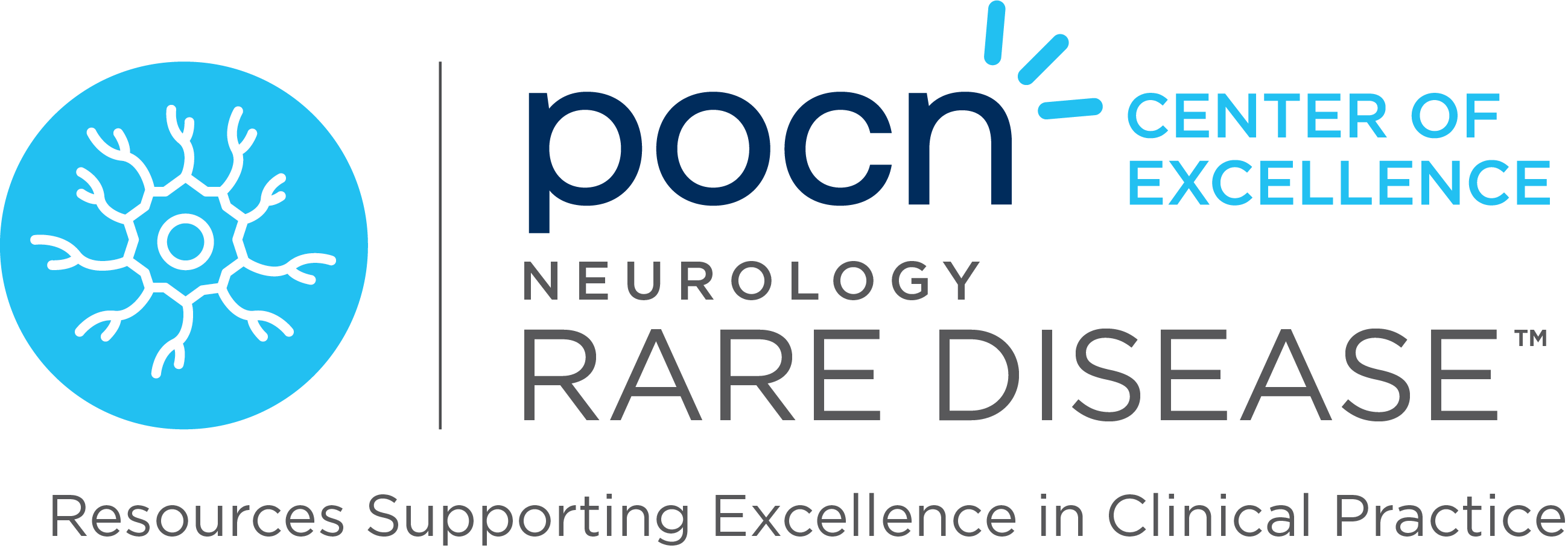Myasthenia gravis (MG) is an autoimmune disorder causing muscle weakness and fatigue due to antibodies targeting the acetylcholine receptor (AChR), muscle-specific kinase (MuSK), or related proteins at the neuromuscular junction. Traditional treatments, like acetylcholinesterase inhibitors, corticosteroids, and immunosuppressants, are effective but have significant long-term side effects. Additionally, 15% of patients do not respond well to these treatments. Emerging molecular therapies, including monoclonal antibodies, B cell-depleting agents, and chimeric antigen receptor T cell-based therapies, offer promising new options for MG treatment.
This review explores advancements in molecular therapies for MG, focusing on treatments targeting AChR and MuSK antibodies. It highlights the challenges and potential of these new therapies and discusses their role in personalized medicine. By examining recent developments, the review aims to provide a comprehensive understanding of how these innovative treatments could improve outcomes for patients with MG.
Reference: Iorio R. Myasthenia gravis: the changing treatment landscape in the era of molecular therapies. Nat Rev Neurol. 2024 Feb;20(2):84-98. doi: 10.1038/s41582-023-00916-w. Epub 2024 Jan 8. PMID: 38191918.



